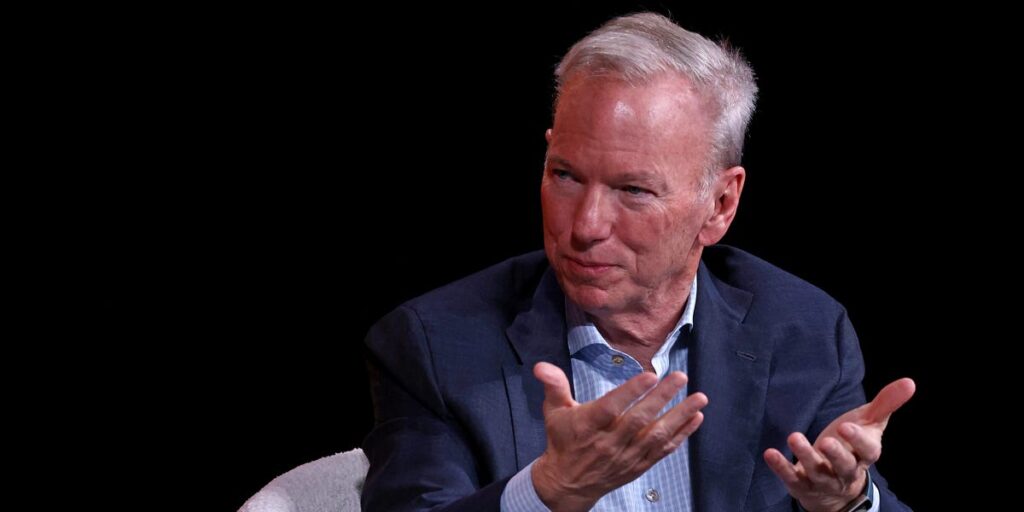Eric Schmidt knows that focusing can feel impossible when notifications keep popping up.
The former CEO of Google helped usher in a new age of the internet, which brought with it attention-seeking features like advertising and notifications. Today, Schmidt sees that deep focus is impossible when distracted by technology.
“I’ve been work I work with a lot of 20-somethings in research and one of the questions I had is, how do they do research in the presence of all of these stimulations?” he said on the Moonshots podcast.
“I can answer the question definitively,” Schmidt said. “They turn off their phone.”
“You can’t think deeply as a researcher with this thing buzzing,” he added.
For ten years, Schmidt served as CEO of a company that not only built the world’s most popular search engine but also shipped Android, which, like any operating system today, dispatches notifications. He acknowledged his role in the industry, saying that tech has long pushed to “monetize your attention.”
“We’ve essentially tried to monetize all of your waking hours with something, some form of ads, some form of entertainment, some form of subscription that is completely antithetical to the way humans traditionally work with respect to long thoughtful examination of principles,” Schmidt said.
Research suggests that our attention spans are declining — partially due to tech. According to attention researcher psychologist Gloria Mark, the average attention span on a computer screen is just 47 seconds. Two decades ago, it was 2.5 minutes.
Schmidt also said that notifications and commoditized attention has challenged relaxation.
“My favorite are these digital apps that make you relax,” he said. “The correct thing to do to relax is to turn off your phone, right? And then relax in a traditional way for, you know, 70,000 human years of existence.”
Schmidt declined to comment further on the topic when reached by Business Insider.
Meditation app makers pushed back on Schmidt’s remarks.
“Not all screen time is created equal,” a spokesperson for Calm told BI.
“Telling young people to simply ‘turn off their phone’ isn’t realistic or helpful,” said Headspace’s chief clinical officer, Jenna Glover. “True digital wellness isn’t about going backwards 70,000 years, it’s about moving forward with intention.”
Read the full article here


